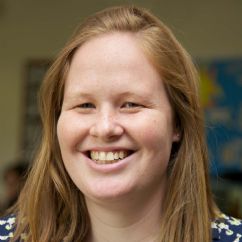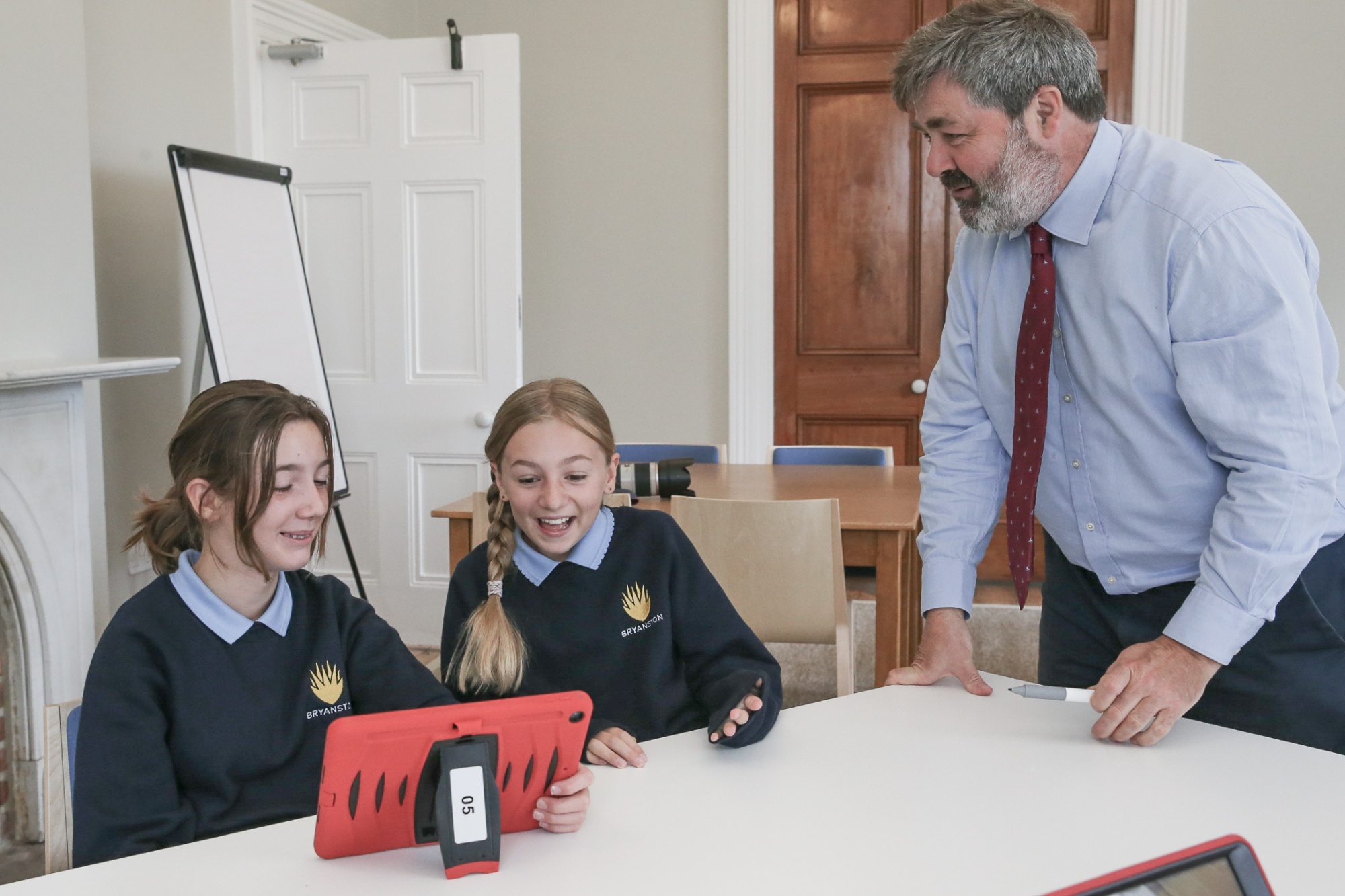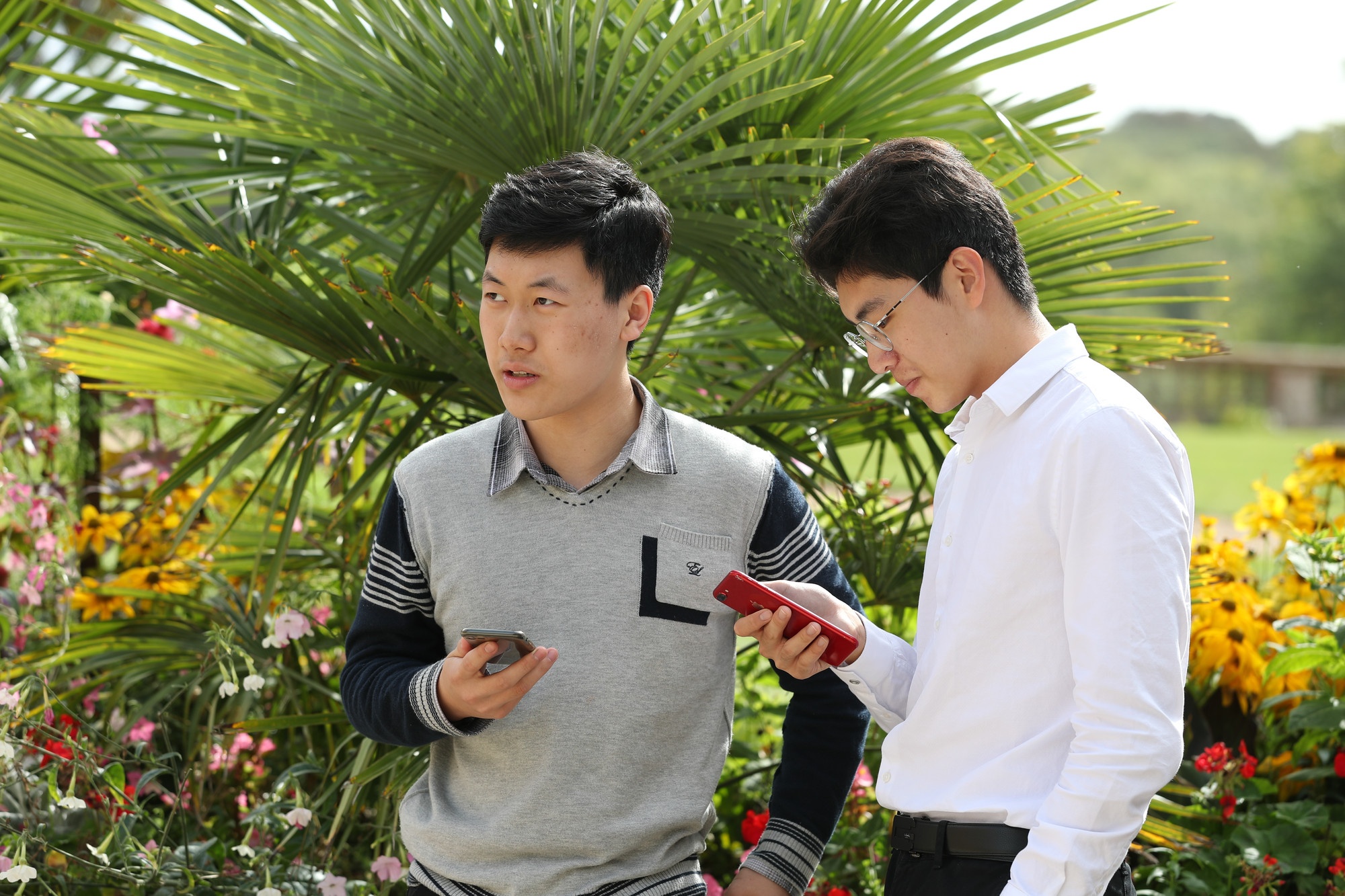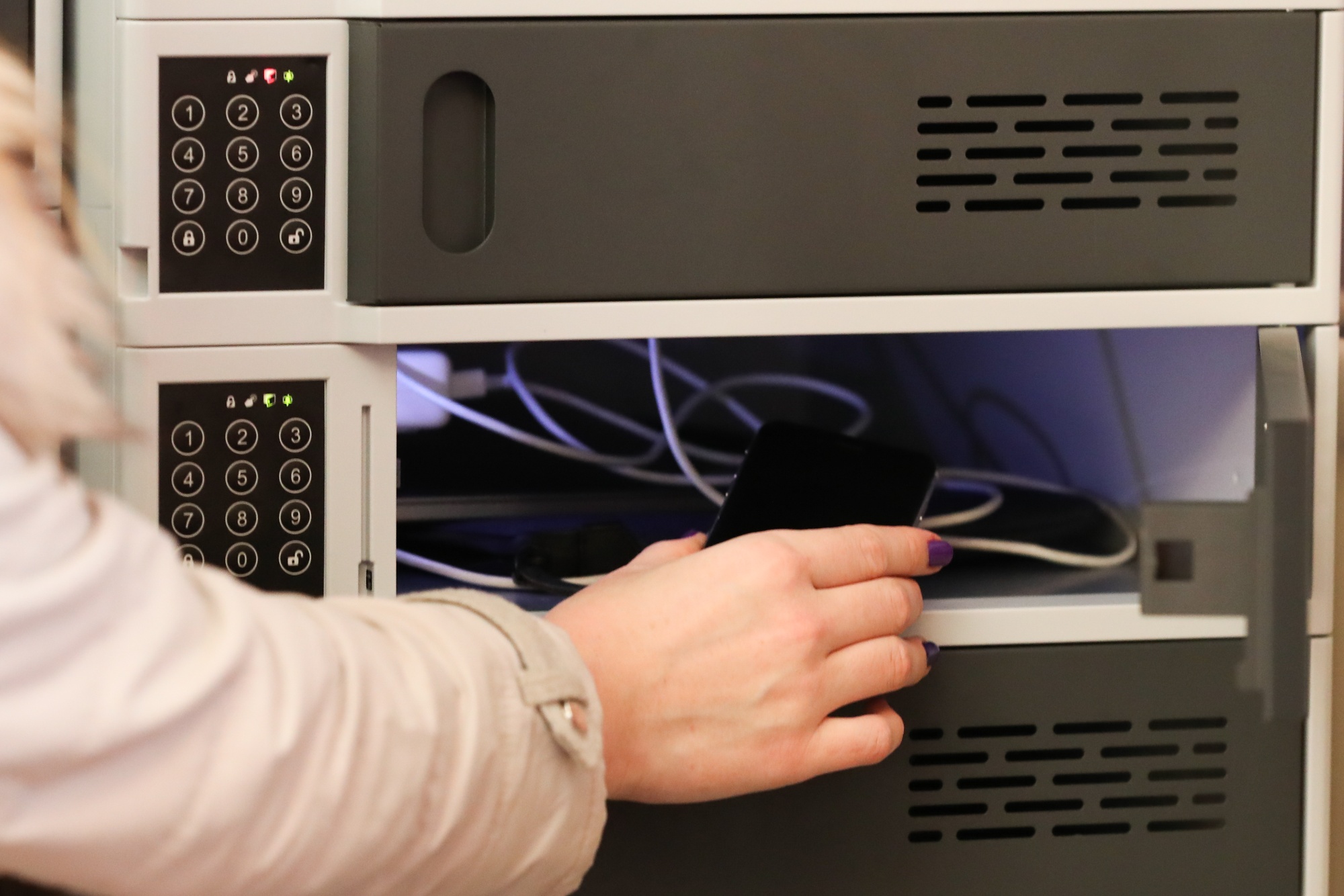Bryanston's Education Summit 2023: Not drowning but waving
In our latest blog post, Education Summit Director Stephen Davies explores the benefits of taking a day away from the cl...
Read MoreEmma Pick, Housemistress of Harthan, reflects on the School’s inaugural Digital Detox Day, commenting on the positive benefits the initiative had on our pupils’ mental health, giving increased time for shared conversation and collaborative thinking…
 Technology can be all-consuming. It offers so many quick solutions and, as a result, we are increasingly reliant on our devices. Since the pandemic, the average person is now spending a quarter of their waking life online. With that can come loneliness, poor sleep, anxiety, low self-esteem, and many other negative impacts to mental health.
Technology can be all-consuming. It offers so many quick solutions and, as a result, we are increasingly reliant on our devices. Since the pandemic, the average person is now spending a quarter of their waking life online. With that can come loneliness, poor sleep, anxiety, low self-esteem, and many other negative impacts to mental health.
Bryanston’s mobile phone and computer policies are intended to help our pupils learn positive habits and avoid becoming overly dependent on technological devices. We use our devices every day and make use of them for the simplest of tasks, when possibly are not essential.
As a community, Bryanston and Bryanston Prep decided to carry out a Digital Detox Day on Friday 11 November, when we handed over our devices for the day and challenged ourselves to work in a different way. Teachers adapted their lessons to avoid the use of technology and came up with different ways of sharing knowledge. Our pupils had to plan their time carefully as they were unable to rely on the emails and Teams notifications they are used to.

Reliance on the internet and social media addiction can contribute to poor critical thinking and poor human connection. Introducing our detox initiative enabled us to highlight to pupils and staff that without the reliance on technology, our minds are free to be imaginative, creative and empathetic.
Multitasking and being hyper-connected, permeates our way of being and by introducing some digital mindfulness, we hope to have highlighted how we are seemingly reliant on functioning through our devices, often unconsciously.
Tech habits can deny our brains of all-important downtime, which in turn reduces our ability for deep-thinking and focus.
Sixth Formers soon realised they wouldn't have the alarm on their phone to wake them up, and needed to rely on the dusty analogue clock found in the corner of Matron’s office. It was apparent that some pupils had not learnt their timetables as they were frantically noting them down the night before. The Café is cashless so the search for the debit card was on, as ApplePay was no longer an option.
With the basics of the school routine sorted out and the support of house teams making sure that everyone was a) awake and b) knew where they were going, the day was off to a flying start.

Obviously, this big change was a major topic of conversation, and it was noted in several areas of the school that there was a lot more noise, as more people were talking to each other! When looking for someone in House, I went round all the dorms in their year and in the final one found the whole year group chatting and laughing, it was clear that everyone was making good use of the break from their laptops and phones.
In houses the common rooms were abuzz with activity. Some houses hosting tea parties, others having a whole house game of ‘manhunt’ and some opting for a 1000-piece jigsaw puzzle. Cranborne stripes commandeered a sports hall and hosted a dodgeball competition for the boys in their house. I walked into the Harthan common room to see a B girl teaching an A2 girl how to play a piece on the piano, which is not something I would normally see on a Friday afternoon! In fact, it was very clear that people were being creative and looking for different ways to spend their afternoons.
Some pupils said they felt a sense of relief that they were not tied to their devices all day, and others noted they had a greater energy level than usual. Some pupils said they felt like people were listening to them when they were talking, as they weren't being distracted by their phones. Many of us spoke to people we may not normally have chatted to.
With anything of this nature, it will always split opinions and we cannot deny that there were queues for the phones at 9pm with some looking as though they had been reunited with a long-lost friend.

The hope was that a break from technology would help our staff and pupils to reflect on the positives that come from having some time away from their screens, and that some may even reduce their phone usage as a result. Whilst challenging for everyone, there were benefits for all to see and we are proud of how the pupil body embraced the change and made the most of the day.
This is something as a school we will look to do again in the future and perhaps it is something families could embrace together during the holidays, taking time out from technology for shared conversation and activity.